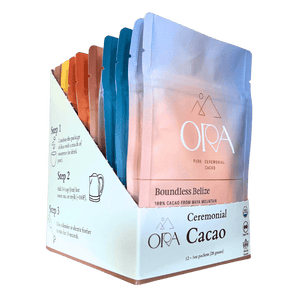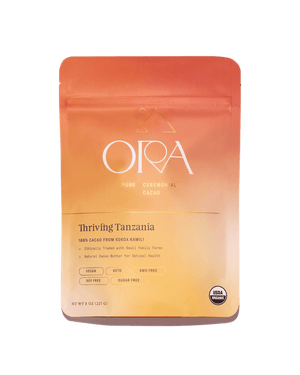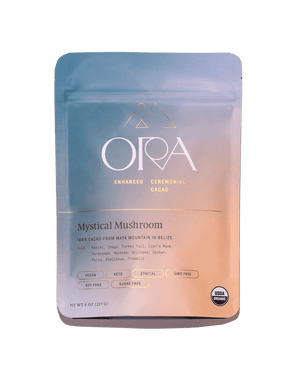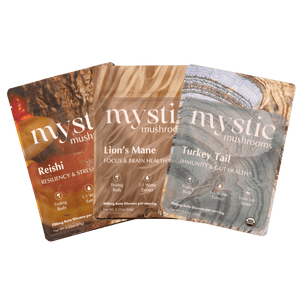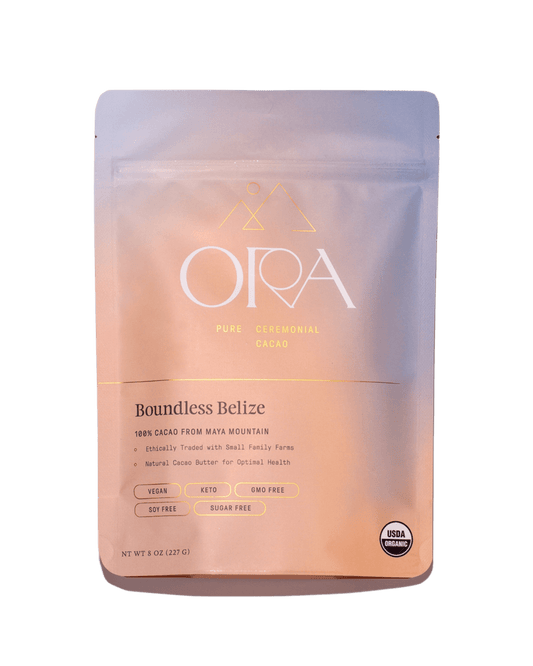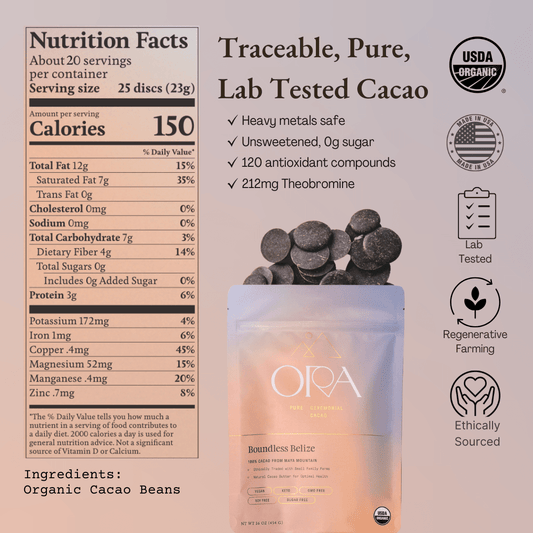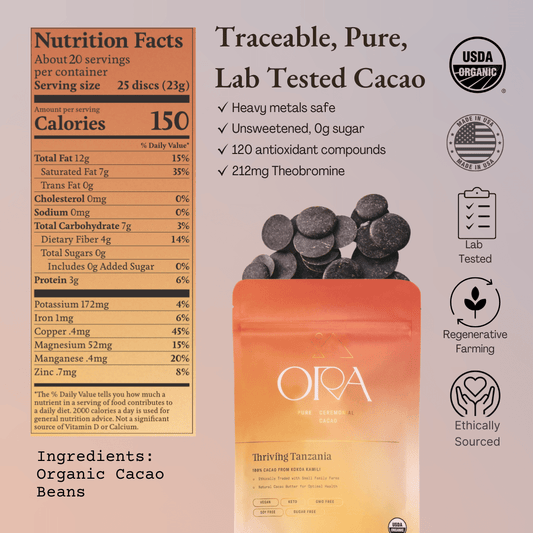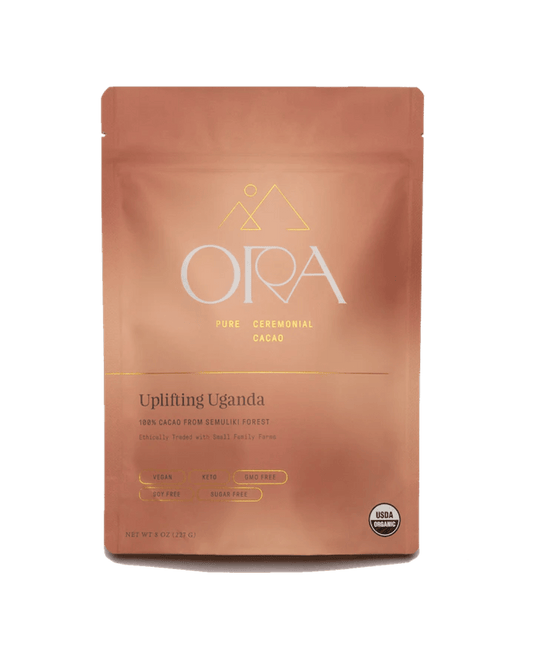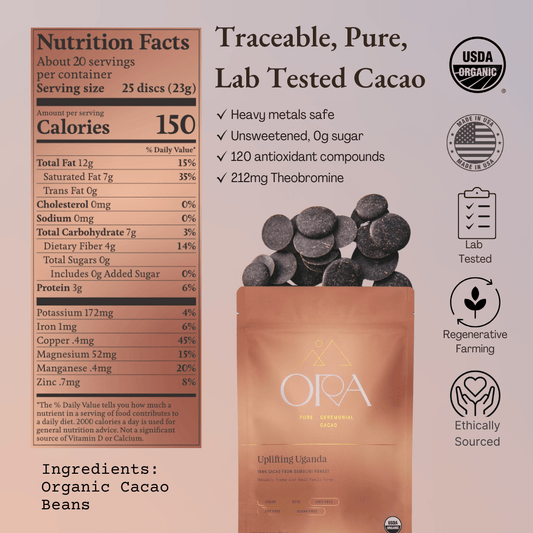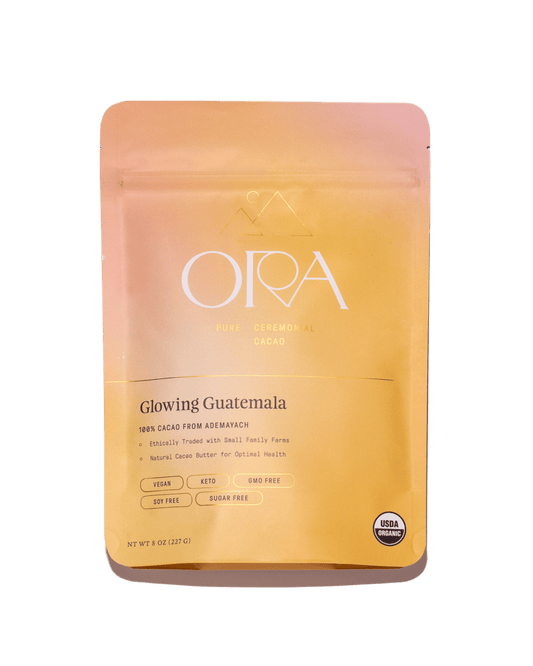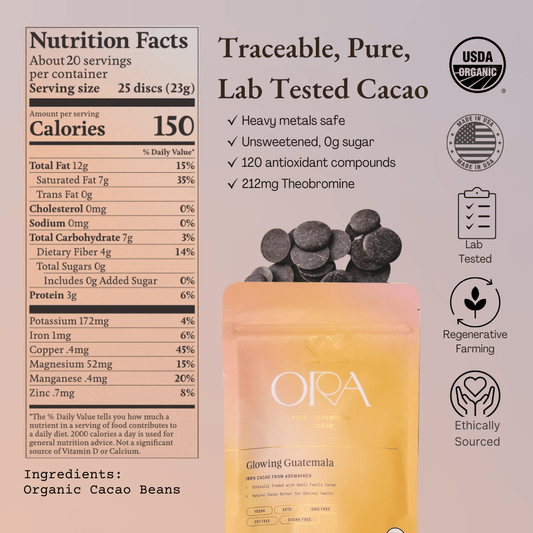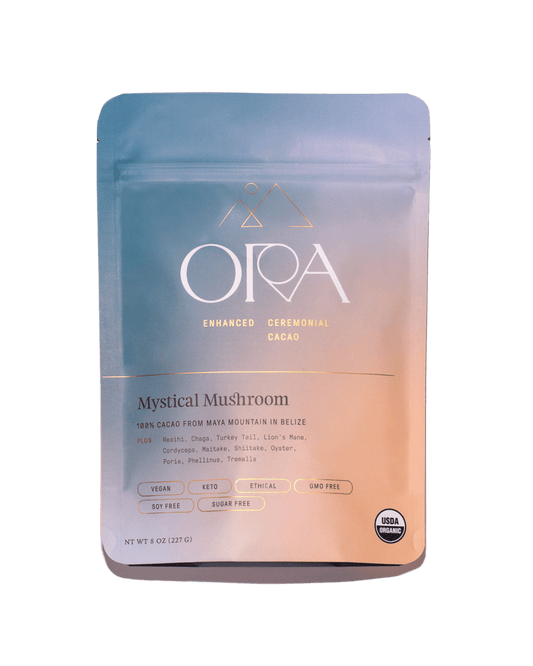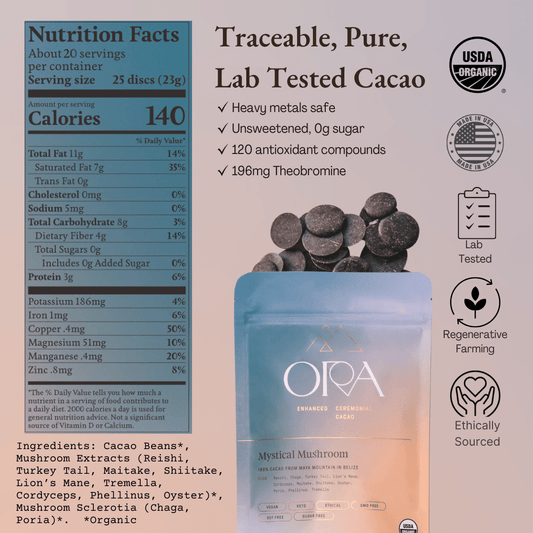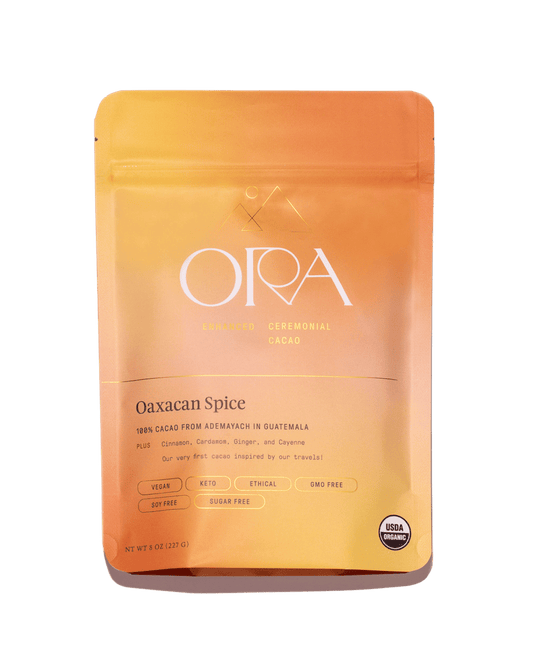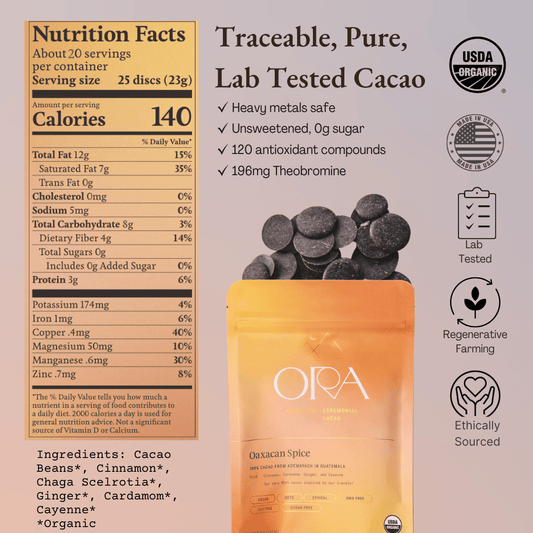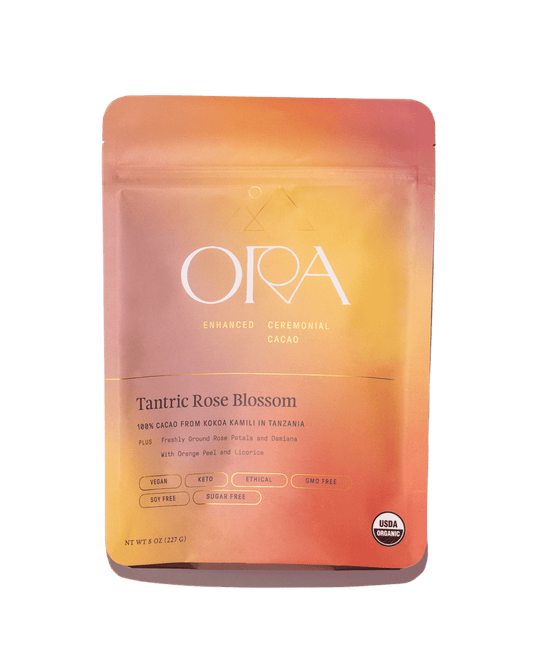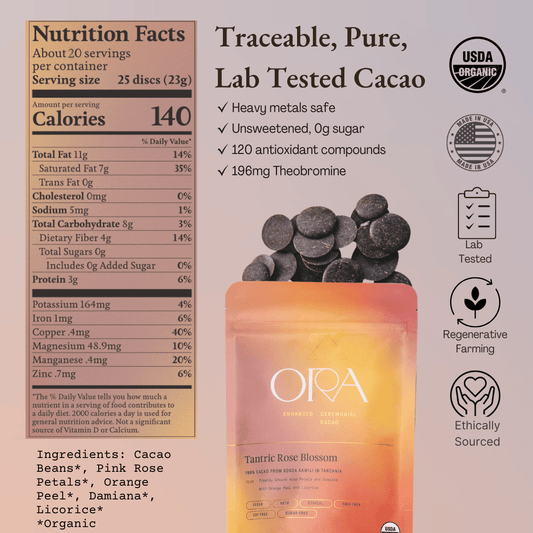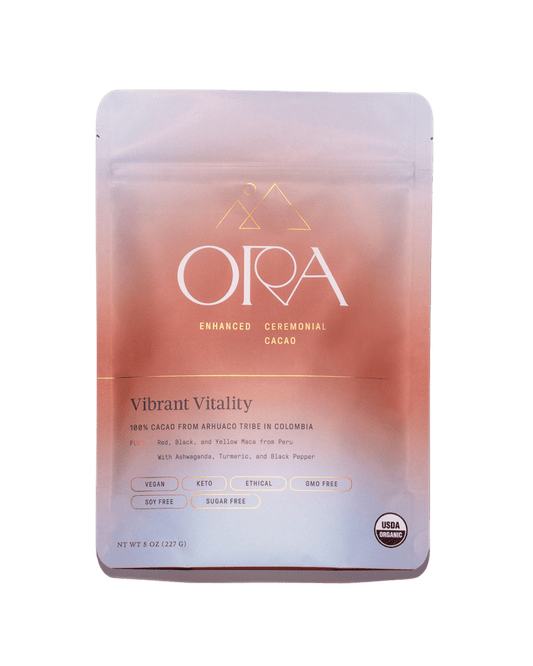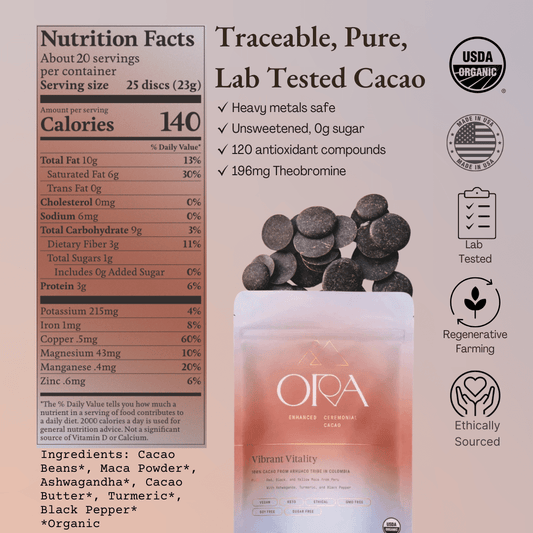Two years ago in September, I had just come back from a sourcing visit to Kokoa Kamili in Tanzania. While all of our other cacaos are sourced from Central and South America, our Tanzanian cacao comes from half way around the globe and has a unique story I'll share today.
Right now I'm missing traveling so this doesn't sound so bad, but at the time my first impression was that it takes a super long time to get there! It took 20 hours of flight time to get there, and 25 hours of flight time to return. Fortunately my little brother Holger said yes to the adventure so I had good company the entire way. It turned out the flight was just the first leg of the journey. From Dar Es Salaam, the capital of Tanzania, we drove for 13 hours across two days, the last four hours only on bumpy dirt roads. Our drive took us through Mikumi National Park, and that whole stretch my eyes were glued to the giraffes, monkeys, and gazelles casually moving through the brush. I had never seen so many animals in the wild, and such big ones! To break up the drive and go deeper, we stayed the night here and went on a half day safari, which was way more nature connected than the touristy attraction I had expected. Below, a giraffe with a baobab tree in the background.

As we drove we were also learning the ins and outs of the cacao industry in Tanzania, from our gracious host Simran who co-founded Kokoa Kamili. Having put Tanzania on the map as a specialty cacao producer on a continent that is mostly associated with commodity cacao, I was very busy taking notes as Simran explained all the ways Kokoa Kamili operates differently than the commodity cacao processors in the region. Without even having arrived at their facility yet, I very quickly was beginning to understand why our cacao was in the right hands and why the energy of it felt so potent. Our partners were tending to details that I hadn't even thought of yet, and that I would integrate into our model for ceremonial cacao and share with the world.
The fermentation facility in particular was one of the most impressive I've seen, and the operation has a tremendous social impact in the village. The minimum wage for agricultural workers in Tanzania is TZ 3750 < $2/day, which keeps them super impoverished. The work also tends to be in a very hierarchical and cut throat environment. By contrast, the 25-30 workers at the Kokoa Kamili fermentery have a fun work place with a flat organizational structure. People were joking and laughing all day as they worked, and everybody comes together at lunch to eat the same meal cooked by a local chef (which was the best meal of our day!). Incidentally, only three of the workers had any sort of formal job before EVER in their lives, so you can imagine the ripple effect and impact on self worth these jobs were offering. We also heard numerous stories of how the jobs brought new opportunities. When Kokoa Kamili wanted to promote one of the fermentery workers to become a cacao buyer, but she didn’t know how to ride a motorcycle, they taught her in the off season and she got licensed. Now she’s the second woman in her whole village to ride a motor cycle … no doubt inspiring many of the young women growing up here.
Tanzanian ceremonial cacao is a unique logistics challenge because it travels so far to get back to Firefly, so the thought and heart in this really matters because cacao does absorb energy every step of the way. Some things we observed that felt good were:
- Kokoa Kamili pays extra to use smaller trucks to transport the cacao to port, which is safer and the trucks are less likely to breakdown on bad roads. They also pay extra to have the owner of the trucking company personally ride with the shipment.
- They also always pay to ship a full truck load, even if it is only partially full, so that other items don’t get loaded onto the truck, like coffee or oil that could contaminate the cacao.
- They also specially bag the cacao to protect it during transit, and pay for the best export broker in Dar so the cacao moves quickly through export and doesn’t languish in a warehouse for months.
While some of these details seem obvious, when you hear the industry standard which is appalling, you understand that quality truly is in the details. You wouldn't believe that the industry standard for chocolate is that cacao is grown purely for volume with little attention to quality, and thrown in the backs of trucks, left out on the ground and mixed with rocks, and sitting in dirty warehouses for months. Not to mention instances of child and slave labor, and even when not that extreme, poverty level wages and unpleasant working conditions which are simply a different kind of slavery. So absolutely, we'll pay extra to move the cacao safely and in other steps of the supply chain because we're looking to make cacao that is medicine. And we require partners saavy enough to ensure day to day operations tend to all these steps.
Phew! After a long drive, we arrived at Kokoa Kamili's headquarters in Mbingu, which is a small village in the Kilombero Valley. Mbingu translates to heaven in Swahili and is one of the most peaceful and remote places I've been. A big banner welcomed us with the words: Karibu (welcome in Swahili), Firefly Chocolate! We were already rapidly picking up Swahili, as everyone was eager to teach us.
We were blown away by how welcoming and friendly it seemed everyone was. The country of Tanzania was originally created as a German colony, then given to the UK after world war one. In the 1960s Tanzania was granted independence, and they have a 10 year presidency cycle! The country is highly diverse, with a population that is evenly split Muslim and Christian, and about 120 tribes with a largely oral and nomadic history. The government implemented a unique policy that required all Tanzanians to move to a different part of the country from their home village where they grew up. This policy mixed the population, creating a strong national identity and pride to be Tanzanian with a lot of tolerance for differences, rather than the tribal and religious sectionalism that affects so many other countries.
Kokoa Kamili adapted the same model of purchasing wet cacao from many small farmers that had been so successful in Belize to Africa (for more on why this matters read the second section here). They had to get politically active to make it possible, as the district government was going to ban wet cacao purchasing, mostly to emulate successful cacao growing regions of the south, even though there was no apparently good explanation for the ban on wet cacao purchasing. Kokoa Kamili then went on to create a local quality standard, by rejecting (not purchasing) any cacao beans that were rotten, had insect damage, etc. Over the years the farmers came to know what is desired and basically only deliver the best cacao to Kokoa Kamili, and sell the other cacao to less discerning buyers. All this contributes to quality cacao and much better prices for farmers than they would otherwise receive!


I'll leave you with a note of perspective on so called Fair Trade cacao. The majority of global commodity cacao is grown on the west coast of Africa. We learned while in Tanzania that the "West African Farm Gate" price, the commodity benchmark price, allows for cacao that can contain 10% rocks. It is a common practice to bulk up cacao shipments with rocks, straw, and scraps. It puts into perspective something like a 10% premium over West African Farm Gate (which is what Fair Trade offers). While it sounds good if you don't know better … you are basically paying not to have rocks in your cacao. When you compare this with the super clean cacao we get and the moving stories from the community of Mbingu we visited, you'll see that Direct Trade or Ethical Trade, while it doesn't have a certification, has reach so far beyond the price. While it's true we pay many times the fair trade premium, many of these are qualitative impacts that aren't easy to even evaluate by price alone or by simply checking a box. It's about re-humanizing the supply chain, respecting the cacao by putting love and care into it, not just a little extra cash over a baseline that is exploitatively low. While we were visiting, our conversation constantly circled back to how we can have on the ground impact, and how we can measure it and communicate it. Positive impact becomes the core operating principles of an organization and ultimately an entire supply chain of cacao farmers, post harvest processors, transporters, chocolate makers, and consumers that are seeking to live in and contribute to a world better for all of us. So thank you, for supporting this vision and being an important part of it.
Below: Jonas carrying the fermented beans out to dry in the sun until they get the right moisture level. When we visit, we participate in every step to truly learn the process in and out and get to know the people! Second photo, out on a quick hike with Kokoa Kamili founder Simran to get a much needed break after many full days of learning and working.

Order Thriving Tanzania Cacao now!

